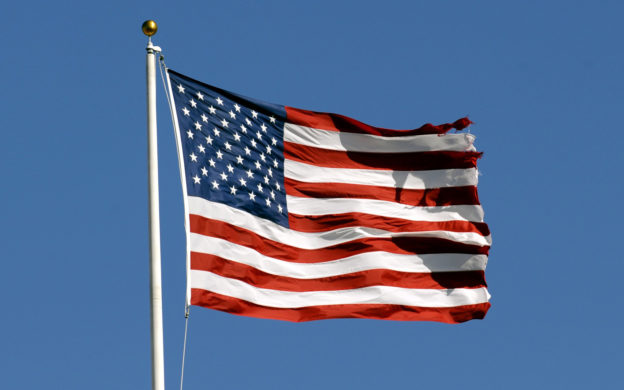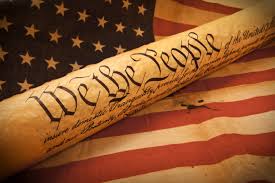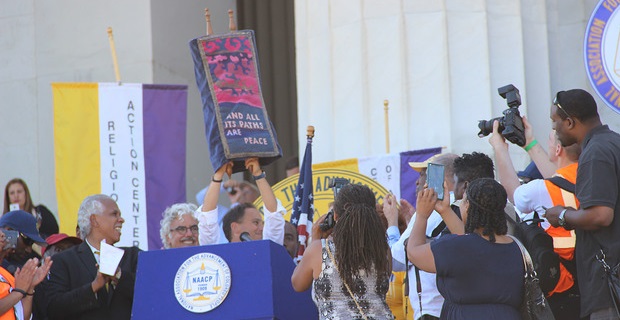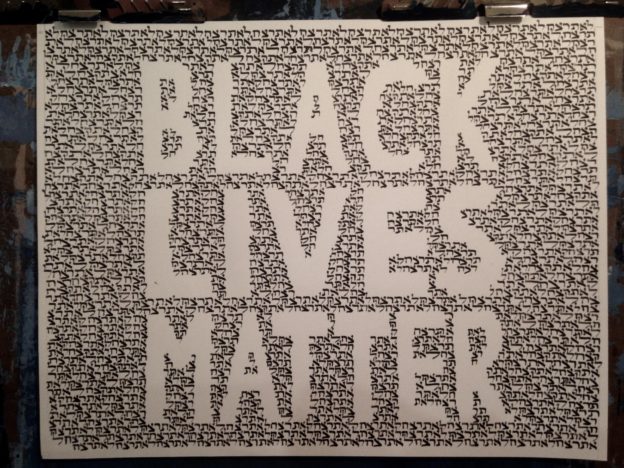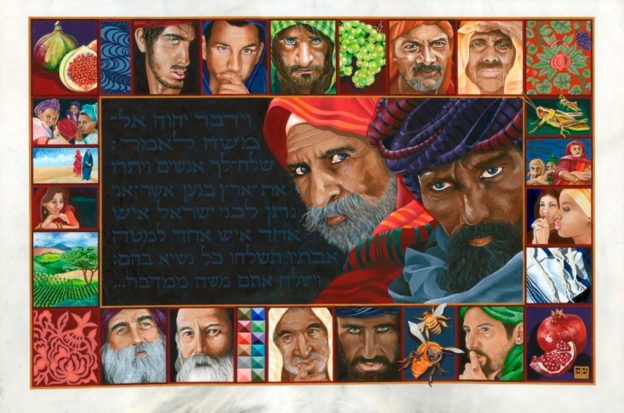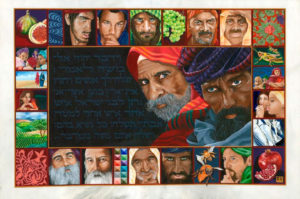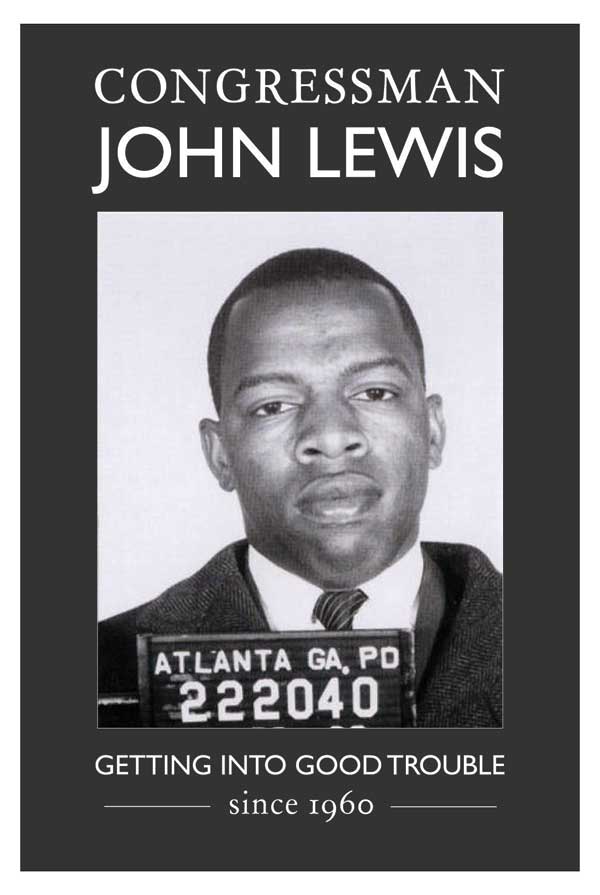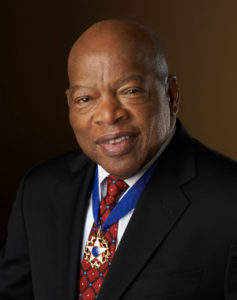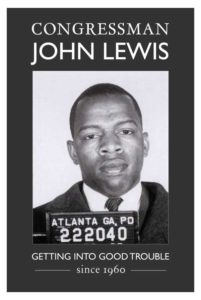What is our fight and What happens when agendas do not align?
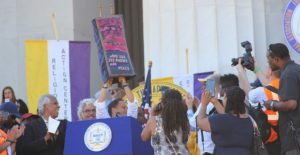 I am deeply disappointed in the platform of the Movement for Black Lives Matter (MBLM). My refusal to sign on to their agenda does not deter me from the important work that I believe we are called to do as Jews. There may be times when we work together for a common purpose, but their values are not mine.
I am deeply disappointed in the platform of the Movement for Black Lives Matter (MBLM). My refusal to sign on to their agenda does not deter me from the important work that I believe we are called to do as Jews. There may be times when we work together for a common purpose, but their values are not mine.
My fight is to champion the rights of all people. However, the fight for civil rights as envisioned here in the United States is not related to a fight for the Palestinian people. There are important differences; each has its own story and layers of complications that do not reduce themselves merely to a black or white issue (pun intended).
MBLM has declared themselves in intersectionality alignment with all oppressed people of the world. MBLM, however, singled out the Palestinians as particular victims and Israel a particular villain. Sweeping statements have nothing to do with advancing the cause of civil rights in the United States. It is, however, a shot across the bow of the American Jews who are important allies in the fight for the elimination of institutional racism and promotion of equal opportunity in our country.
As a pragmatist, I am intent on creating change not taking global political positions.
Dr. Martin Luther King’s “I have a dream” speech was particularly powerful because he had climbed to the mountaintop and saw over at the Promised Land. His eloquent oratory was empowered by his dedicated work on the front lines of the civil rights movement.
America is the fulfillment of the Jewish dream in so many ways. As a people, we historically have been outsiders and persecuted. It appears that here we have been accepted into the mainstream culture. Despite the continued existence of anti-Semitism in some corners, we have been able to gain access to all that the United States has to offer from the corridors of power to places of prosperity. In the process, we struggled to find our voice. Rabbi Jeff Salkin, in his blog Martini Judaism, recently shared the understanding that we found our voice in part by watching the American Black experience and then by participating in the civil rights struggle.
For the Jewish mainstream, many have forgotten how recently we attained this level of acceptance and we have not done enough to champion those who did not reach the level of success that we did. It is time to refresh our memory and commit again to a full-throated cry to help those who do not enjoy the benefits and blessings of our society. It is past time that we re-engage in the struggle for civil and human rights in this country. I will try to do my part. I urge all of us to roll up our sleeves and get to work to make this country all that it can and should be for all of its citizens. Today, the Religious Action Center of Reform Judaism launched Nitzavim in the state of North Carolina, the nationwide voter protection and participation program. May this be the first in our ongoing commitment to the future of our great country.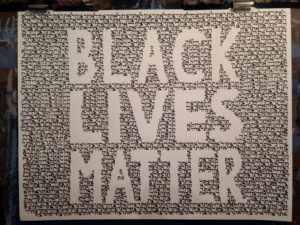
My engagement in this work will bring me into contact with people who are part of Black Lives Matter. My belief that MBLM is misguided at best in its pointed platform cannot be an excuse to refrain from working together for a common cause. I expect we will work together, shoulder to shoulder, in the important mission before us, for America to strive towards her ideals for all her people.


